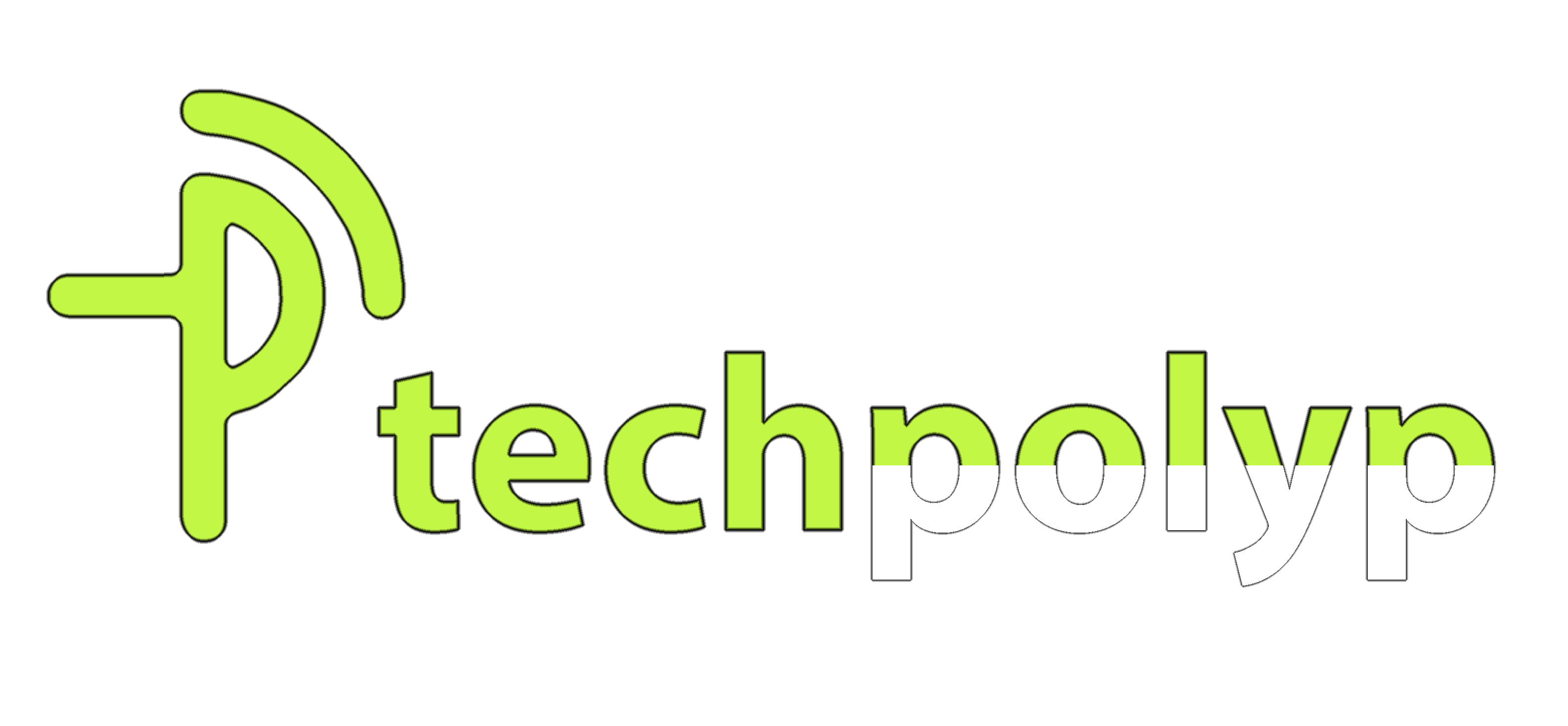When you purchase through links on our site, we may earn an affiliate commission. This doesn’t affect our editorial independence.
For the past twenty years, Google has provided people with a compendium of web links for any search query. This is done based on algorithms. But at I/O 2025, the company declared it was on the verge of transforming Google AI Search yet again. Recall that Google announced some AI search updates in March.
Last week, Google CEO Sundar Pichai and his executives advanced new ways to bring users to the web using an array of AI agents.
Liz Reid said, “We couldn’t be more excited about this chapter of Google AI Search, where you can truly ask anything.” Liz added that you can ask your most straightforward and most complex questions, deepest research, and personalized shopping needs.” Google’s VP of Search, Liz Reid, further mentioned onstage at I/O that they believe AI will be the most potent engine for discovery. Additionally, they think at Google that this will be the most powerful engine the web has ever seen.
Google AI Search Update 2025
The most significant announcement of I/O was that of Google AI Search mode, now available to every Search user in the United States. This gives hundreds of millions of people a button to converse with an AI agent that will visit web pages. In addition to that, it will also summarize them in any way users will like or even help them shop. Google says it will leverage Project Mariner to deliver an even more hands-off AI agent to its Ultra subscribers. The company will also explore the multitasking options of the agent to evaluate 10 tasks simultaneously. Importantly, this will be by visiting web pages and clicking around on those pages, while users are free to plug away on something else altogether.
Google AI Search will also experience a new life with Deep Research. Google is set to personalize and connect the AI agent, which visits dozens of relevant websites and generates thorough research reports, to your Gmail and Drive. Furthermore, Google intends to integrate Project Astra, the company’s multimodal, real-time AI experience, into Search and Gemini. According to the company, this will allow users to speak with an AI agent verbally and see what they see.
Besides AI Searchability, AI Agents Dominated I/O 2025
The evolution of ChatGPT has compelled Google to rethink its operational game. Interestingly, this development has caused an AI reckoning at Google. It has made the company rethink how it brings users information from the web. This reckoning started last year’s I/O when Google introduced AI overviews into Search. Unfortunately, the launch was overshadowed by its embarrassing hallucinations. The rollout of AI overviews projected AI as a mid-term tool, and that search, as we know it, was here to stay.
However, at I/O 2025, Google presented a more compelling mechanism for how AI would reshape Search and, consequently, the web. The company’s new vision suggests that the future of the web and the company involves AI agents fetching information from the web. This approach will enable presenting it to users in whatever way they’d like.
Google’s motive for its AI agents to replace Search is compelling, particularly because Google is trying to establish an infrastructure for AI agents. Google’s announcement, however, was that the SDK for Gemini models would support Anthropic’s MCP. Meanwhile, this is an increasingly popular standard for connecting agents to data sources across the internet.
Aside from Google, Microsoft Thirsts for an AI Agentic Web
Last week, at a different tech conference, Microsoft CTO Kevin Scott laid out his own vision for an “open agentic web”. He asserted that agents will take action on users’ behalf across the internet. Moving forward, Scott noted that a key feature to make this possible would be the plumbing that connects these agents and data sources. This includes Google’s Agent2Agent protocol and Anthropic’s MCP.
Notwithstanding the enthusiasm, as Ben Thompson notes in Stratechery, the agentic web has challenges. Thompson noted a typical example: if Google sends AI agents to websites instead of people, that largely breaks the internet’s ad-supported model.
The impacts could vary across industries. Agents may not be a problem for companies that sell goods or services on the internet. For example, take a look at DoorDash or Ticketmaster. These companies are embracing agents as a new platform to reach customers. However, the same can’t be said for publishers now fighting with AI agents for eyeballs. Google seems to want to defy this; hence, the coming of a more infused Google AI Search.
Adoption of AI for a Web Search is Concerning — Communication Leader
During I/O, a Google communications leader said, “Human attention is the only truly finite resource.” Impressively so, the company’s launch of AI agents for Google AI Search aims to give users more of their time back. While that might eventually work, AI summaries of articles may take money away from publishers. Consequently, this will potentially devastate the content creation on which these AI systems depend.
In addition, the lingering problem with AI systems around hallucinations is concerning. These AIs’ tendency to make stuff up and present it as fact is embarrassing, especially after Google’s launch of AI overviews. TechPolyp quoted DeepMind CEO Demis Hassabis as having even raised concerns about the consistency of AI models.
“You can easily, within a few minutes, find some obvious flaws with AI chatbots. This involves some high school math thing it doesn’t solve or some basic game it can’t play. If you’ve learnt, finding those holes in the AI system is not very difficult. Thus, someone to be called AGI would need to be much more consistent across the board.
Above all, the result of hallucinations could be far-reaching. This could touch on widespread misinformation or distrust of information they encounter online. Unfortunately, this misinformation could extend to other users, too.









